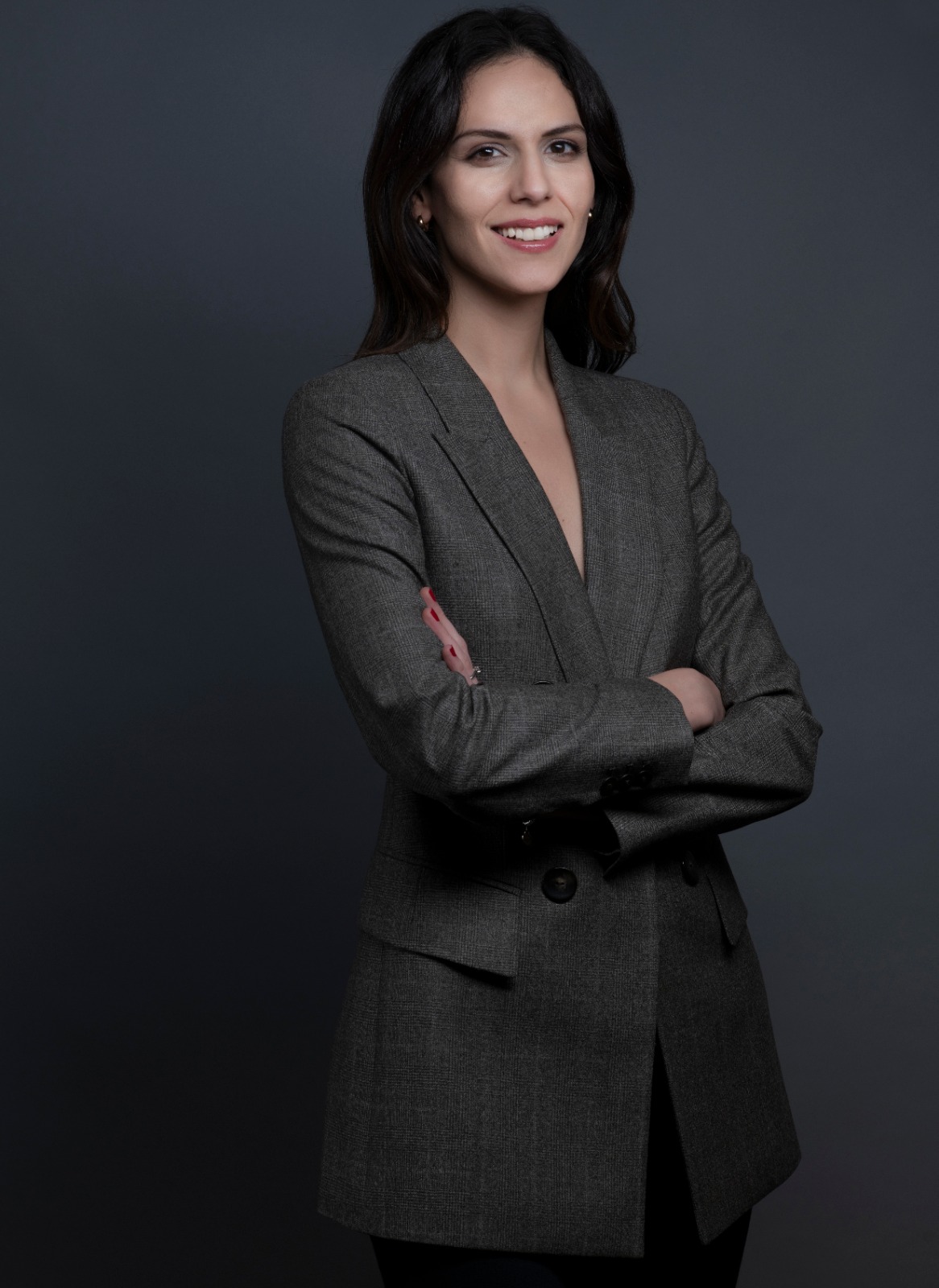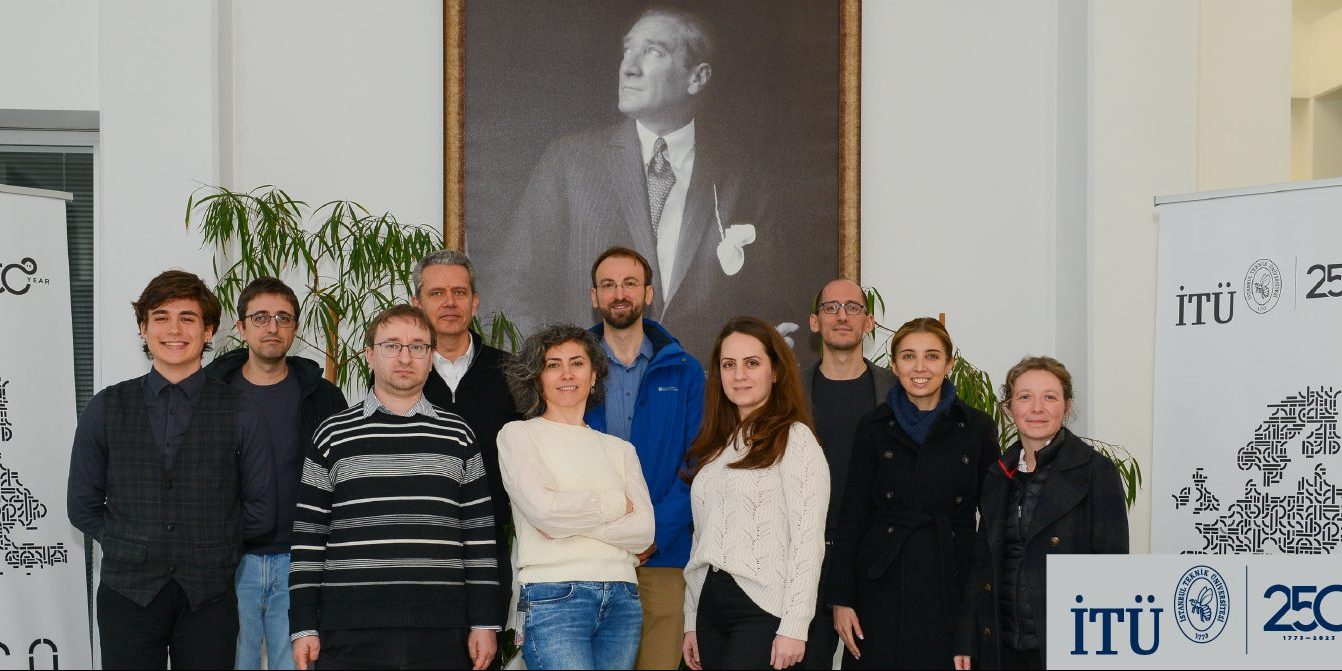We are curious minds wandering along our academic journeys, seeking novel research pathways for a better society. EELISA communities lie at the core of this ultimate goal. The transformative societal impact that EELISA communities create is expanding its sphere of influence incrementally. Interdisciplinary, interculturality, and mobility within and across EELISA communities are key facilitators to ensure the societal engagement and impact through forward-looking research themes addressing contemporary challenges.
The first in-presence meeting of the Work Package 8 on ‘Engagement with Societies through EELISA Communities’ was held at Istanbul Technical University on 7-8 March 2024, to strategically plan the way ahead of us. Constructive discussions among colleagues from UPM, PSL, ZHAW, ENPC, and SNS helped to shape the framework for seven joint calls addressing challenge-based research, which are to be announced between 2024-2027. In addition, preliminary ideas were developed for processes and mechanisms to join communities, and models for quality assurance and data management.
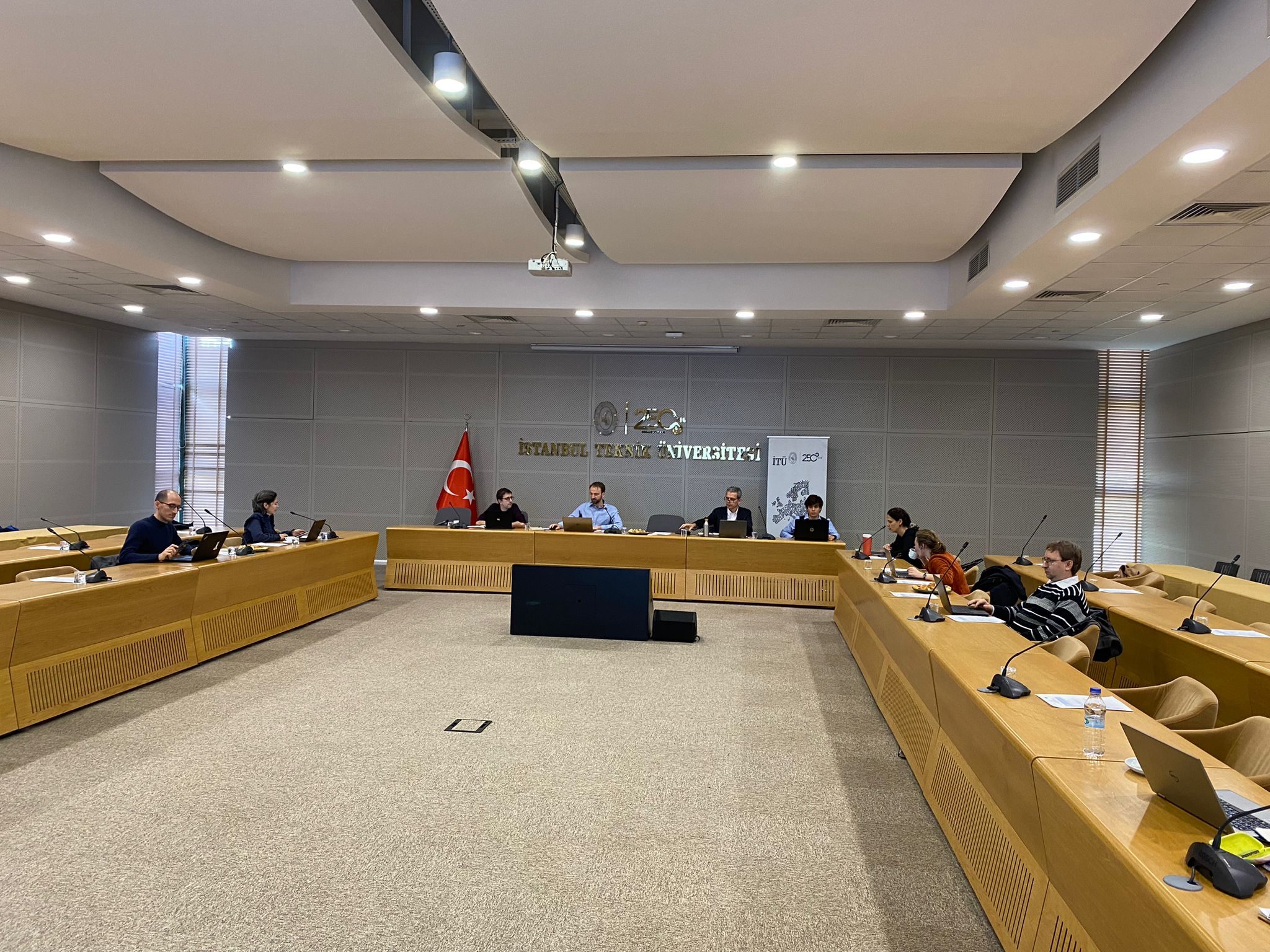
The contributions of all participants facilitated the shaping of mechanisms and processes to ensure the successful implementation of activities and dissemination of outcomes. I should emphasize that I am impressed by the engaging and leading deliberation unlocked by the student representative from UPM, Diego Villa Moran. His analysis of the current situation and the vision he holds for the future direction of EELISA Communities on behalf of all EELISA students were inspirational and proved that students are vital actors in boosting functionality as well as ensuring sustainability.
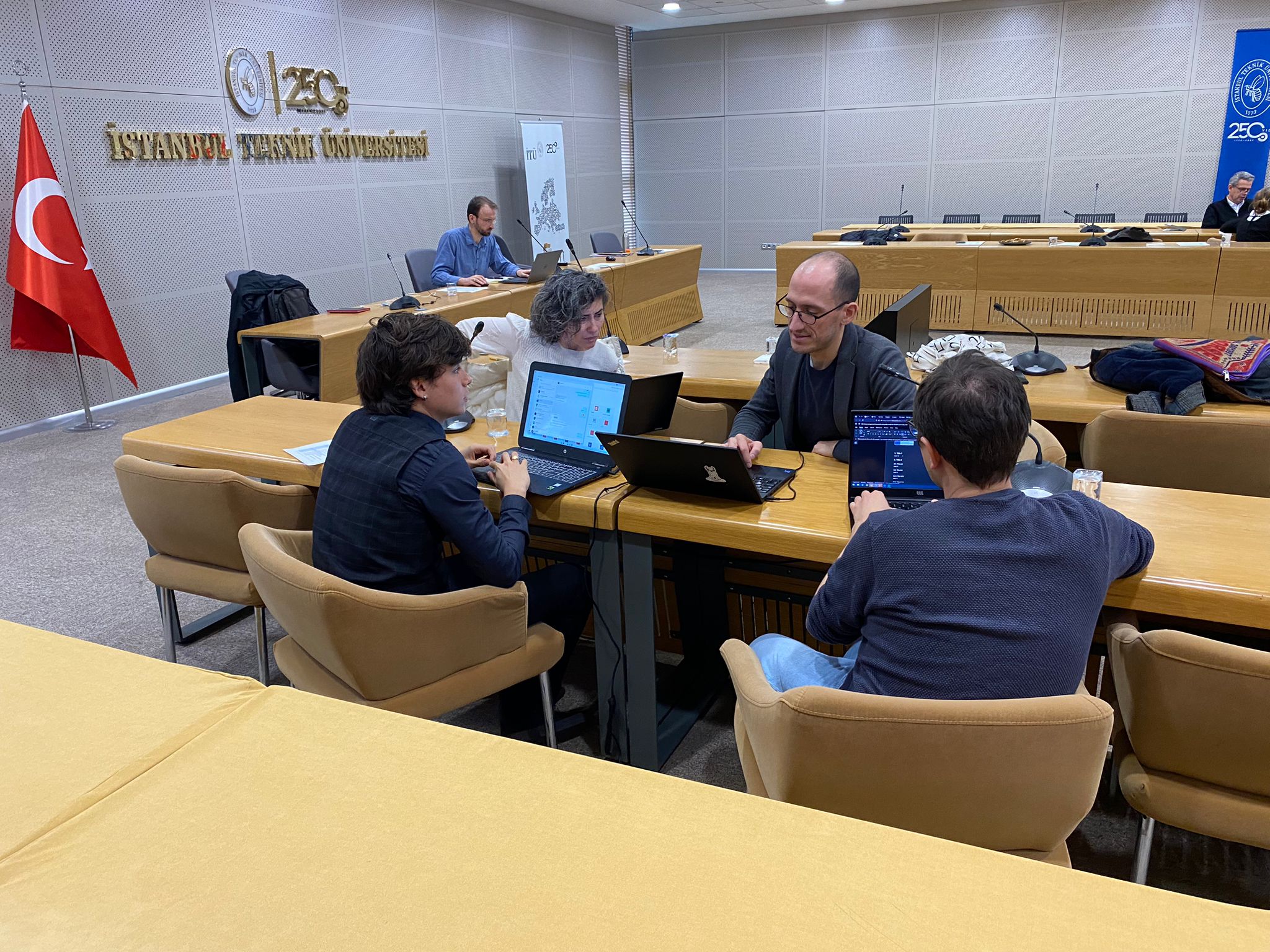
EELISA Communities are seeds in the overall research and innovation ecosystem of EELISA. The eclectic nature of communities requires persistent dialogue and close collaboration with other work packages. Istanbul meetings also staged an exchange of ideas as to the potential areas of collaboration with other work packages for the sustainability of the communities in EELISA 2.0 and afterward. This collaborative effort also involves the measurement of the societal impact through an amalgam of qualitative/quantitative methods.
I envision that the ‘Engagement with Societies through EELISA Communities’ team upholds two significant roles: First is expanding the shared meanings of communities pertaining to research, innovation, education, and learning dimensions; second is strengthening the operative mechanisms for the formation of new communities and deepening of research roadmaps of existing ones through supportive research prospects.
As famously penned by JRR Tolkien, ‘Not all those who wander are lost’. The Istanbul meeting proved that wanderers on their journeys are not alone. EELISA communities unite like-minded stakeholders for a collective endeavor to find solutions to contemporary and future puzzles of societies on a solid, challenge-based research approach. The conceptual and practical roadmap set forth during Istanbul meetings has been the first concrete step.
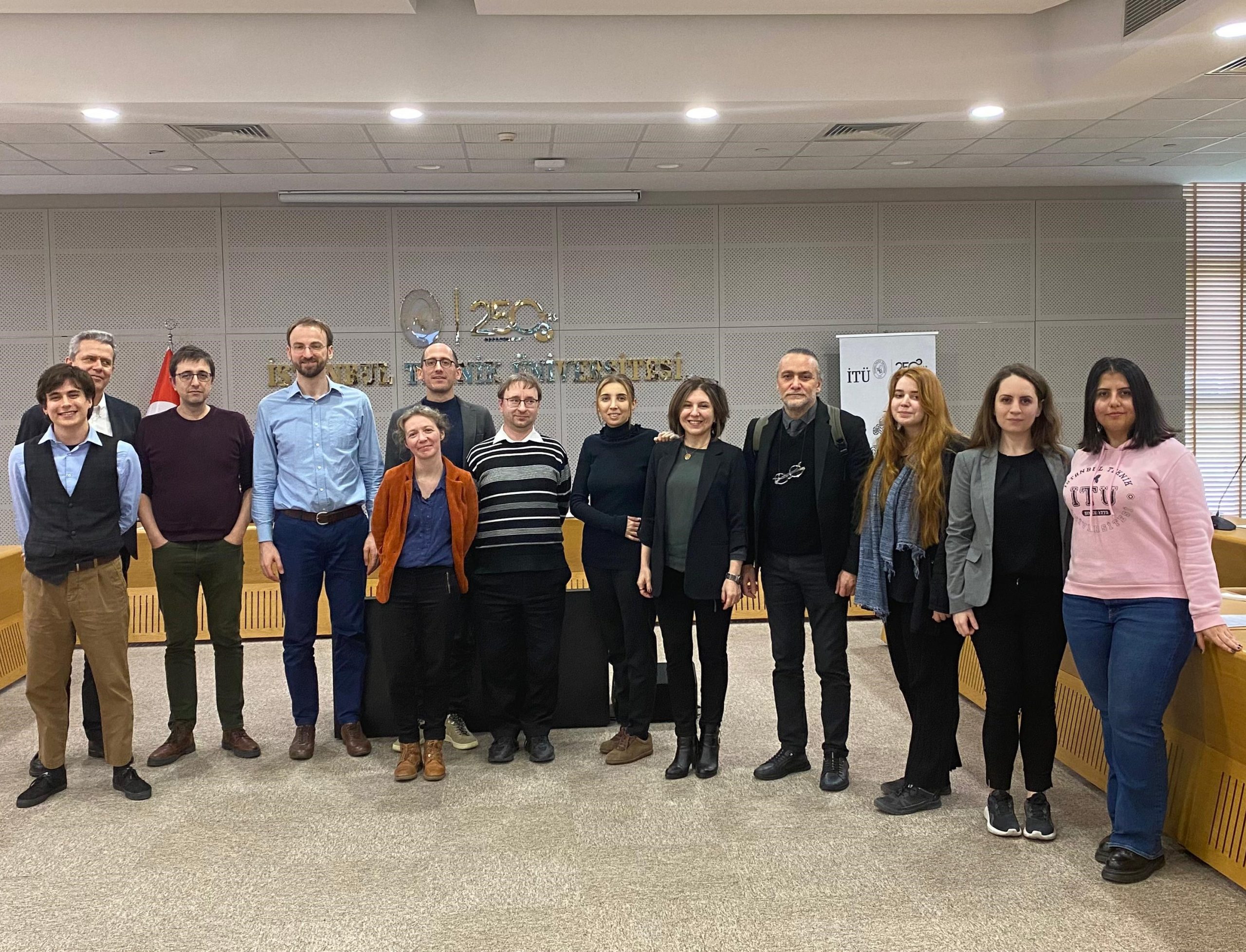
Written by
Dr. Merve Çalımlı Akgün, PhD, Lecturer
Istanbul Technical University
Center of Excellence on Education
Dr. Çalımlı-Akgün is a Lecturer at Istanbul Technical University and has been working in several administrative positions at the rectorate level in areas of internationalization, global engagement and communications since 2011. Her recent role involves being a researcher for the Center of Excellence on Education where she works on innovative learning pedagogies, with underlying motivation to align with sustainable education.
Dr. Çalımlı-Akgün holds a PhD in Political Science. During her doctoral studies, she was a Visiting Researcher at Universita di Bologna under a cotutelle agreement, and a research fellow at FGV Sao Paulo. Her research lies at the intersection of comparative politics, foreign policy analysis, international relations theories, democracy, and technology and touches on questions relating to democracy, democratization, autocratization, and democracy assistance.
She is a member of EELISA Community on TechDiplomacy and International Cooperations and works on the political, ethical, and socio-technological implications of emerging technologies. At ITU, Dr. Calimli-Akgun teaches courses on Issues in World Politics, International Relations, and Globalization in the Sociology Department.
